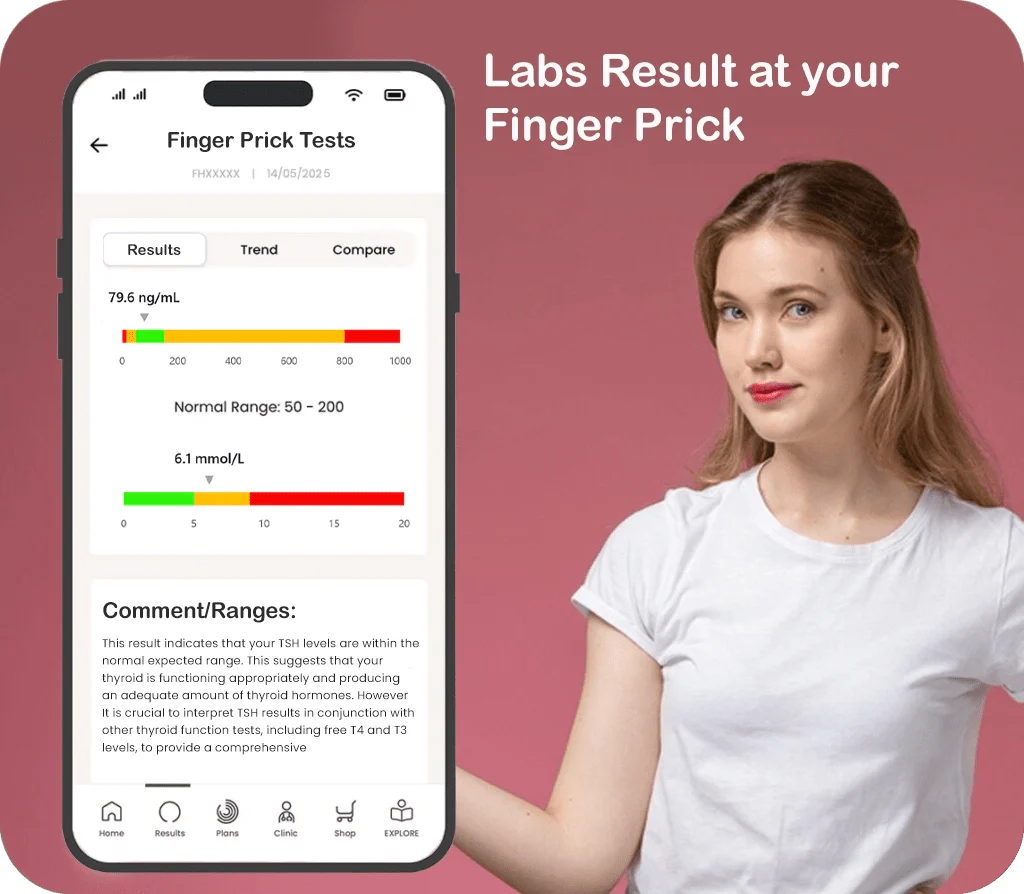My Store
Lipid Profile
Lipid Profile
Raised cholesterol often has no symptoms, yet it significantly increases the risk of heart disease, stroke, and metabolic disorders. This targeted lipid screen is ideal for those with a family history of cardiovascular disease, poor diet, sedentary lifestyle, or existing conditions like diabetes or hypertension. It evaluates cholesterol balance and fat metabolism, supporting early intervention for heart and vascular health.
Couldn't load pickup availability
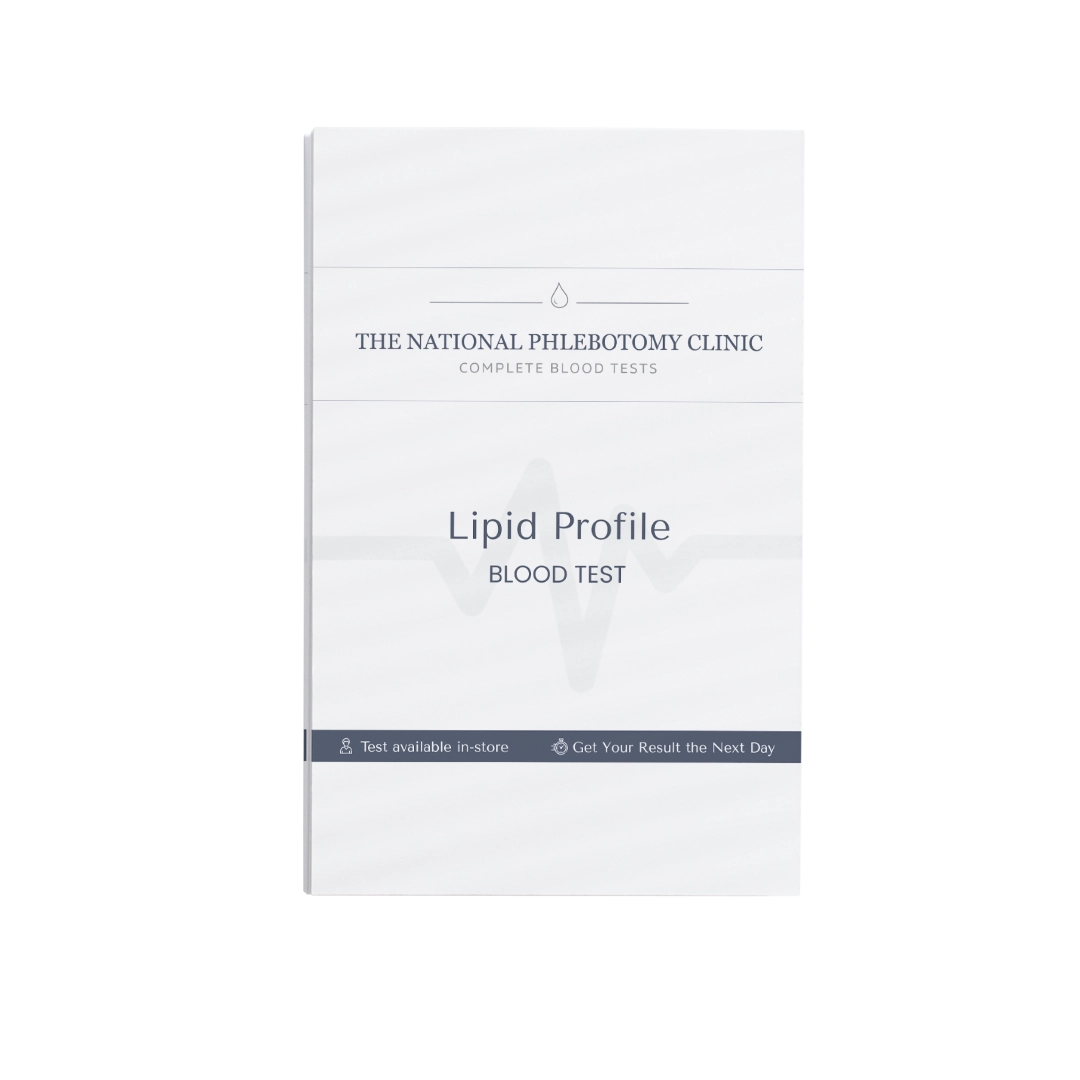
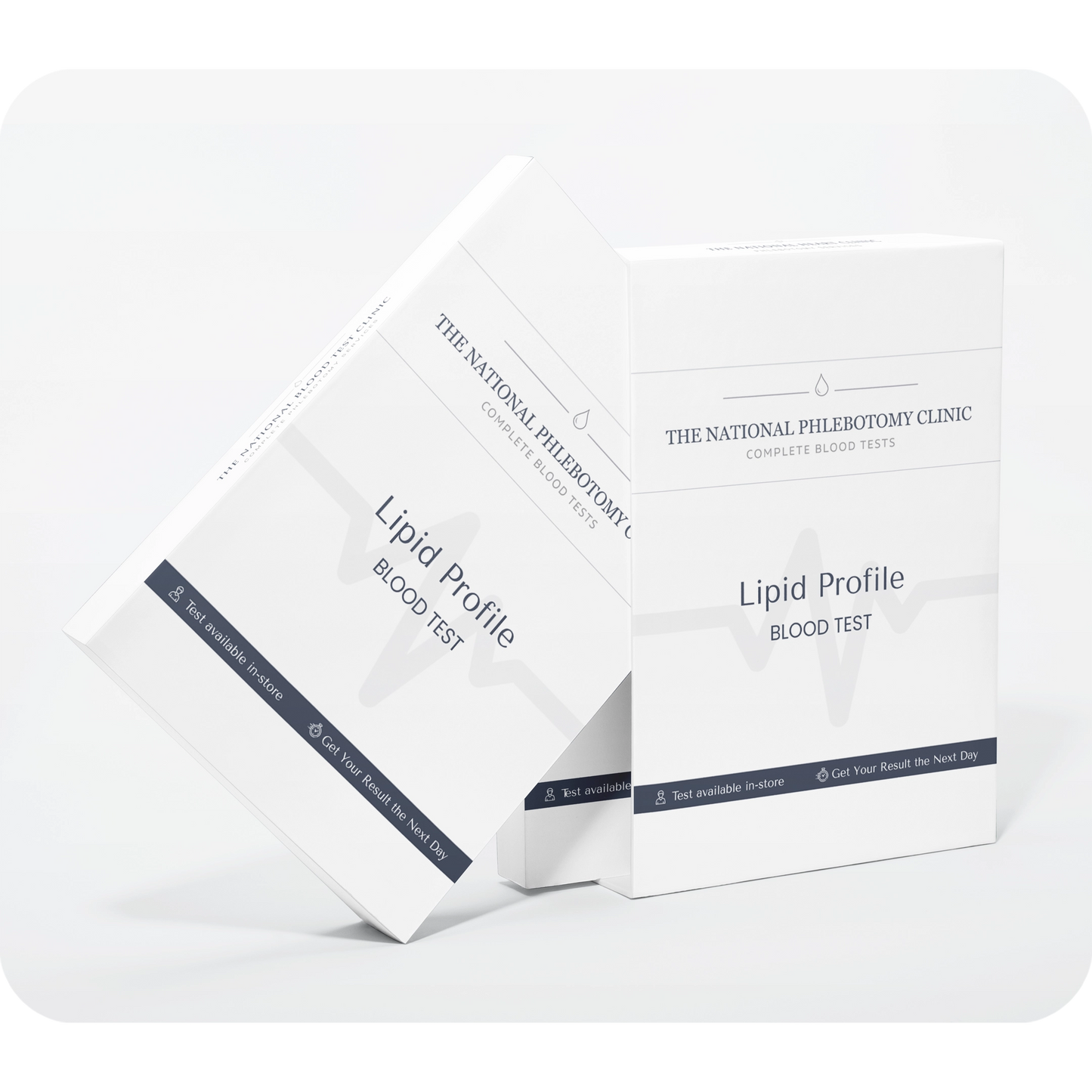
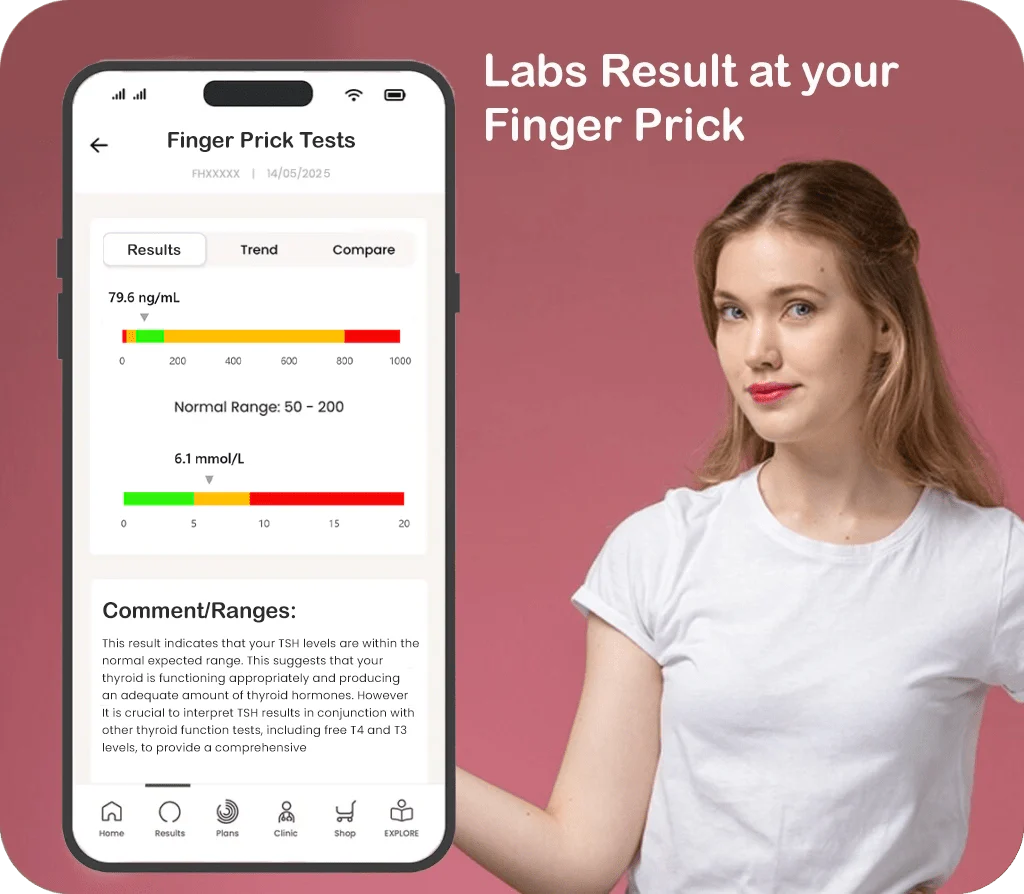

-
Lipid Profile
- Total Cholesterol
- LDL Cholesterol
- HDL Cholesterol
- Total Cholesterol/HDL Cholesterol Ratio
- Triglycerides
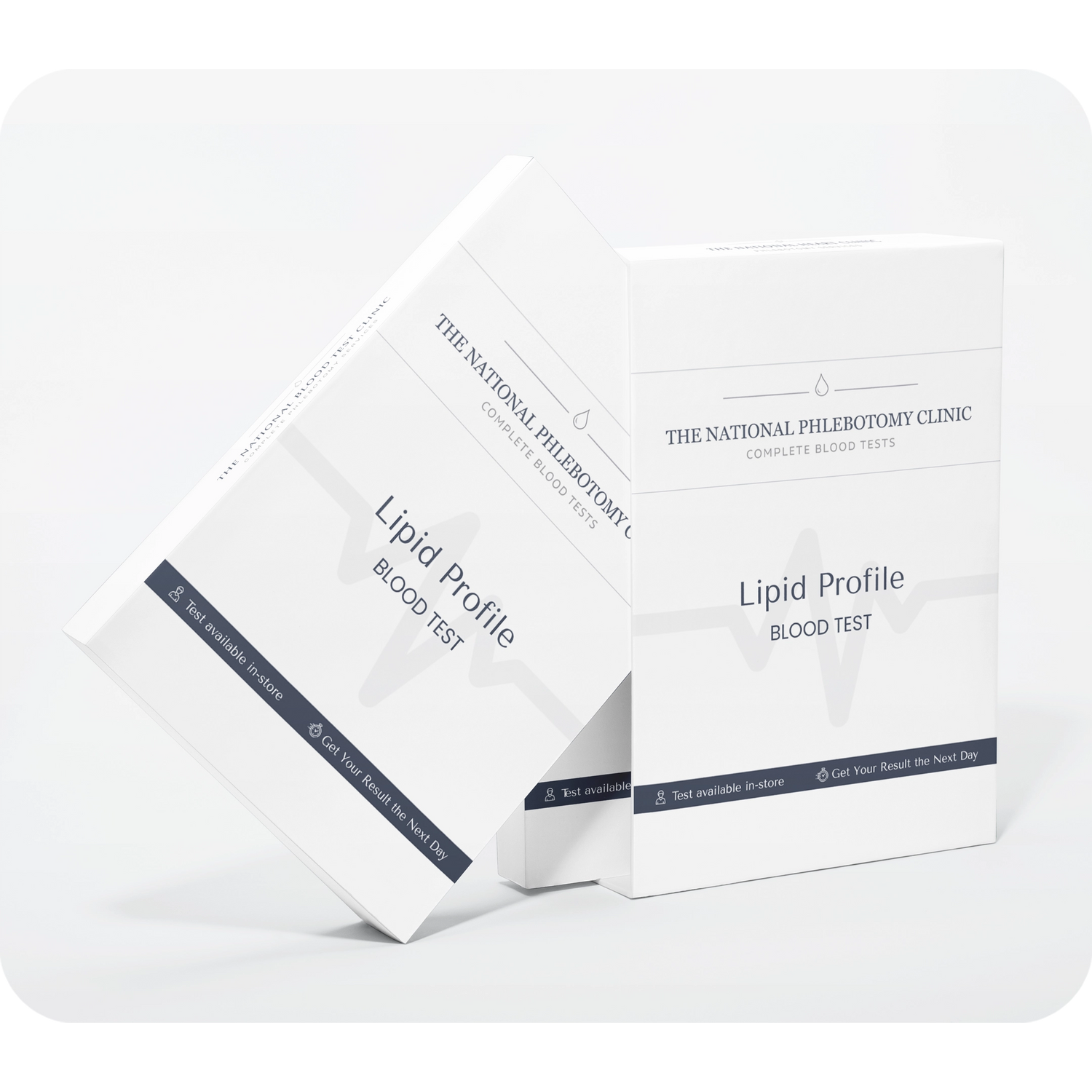
Why Need Lipid Levels Screening?
Cholesterol imbalances are among the most modifiable risk factors for heart disease, yet they often go unnoticed until complications arise. Regular lipid screening helps identify elevated or abnormal cholesterol patterns early, enabling timely dietary, lifestyle, or medical changes to reduce cardiovascular risk and protect long-term health.
Why Choose Clinic-Based Blood Testing?
-
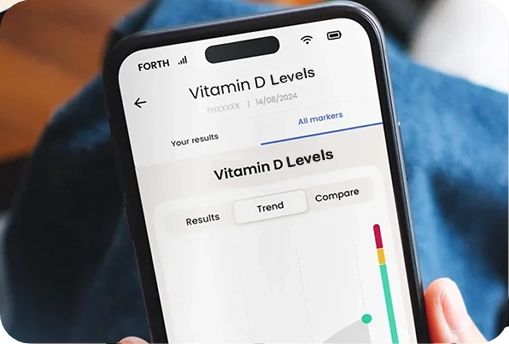
Accurate Results
Samples are collected by trained professionals for precise, lab-quality outcomes.
-

Fast Health Insights
Quick, In-clinic testing enables early detection and faster follow-up care.
-

Expert Oversight
Healthcare staff guide the process and help interpret your results.
-

Nationwide Access
Convenient locations across the UK through The National Phlebotomy Clinic.
FAQs
Collapsible content
Who should take a Lipid Profile test?
Anyone over 40, or younger individuals with risk factors such as family history, smoking, poor diet, or high blood pressure, should consider this test.
What does this test show?
It measures the levels of total cholesterol, LDL, HDL, and triglycerides to assess your risk of heart disease and overall lipid balance.
What are triglycerides?
Triglycerides are a type of fat (lipid) found in your blood. After you eat, your body converts excess calories into triglycerides, which are stored in fat cells. High levels are often linked to poor diet, obesity, insulin resistance, and increased risk of heart disease and stroke.
What is the difference between HDL and LDL cholesterol?
HDL (high-density lipoprotein) is often called “good” cholesterol because it helps remove excess cholesterol from the bloodstream. LDL (low-density lipoprotein) is known as “bad” cholesterol, as high levels can lead to plaque buildup in arteries, increasing the risk of heart attack and stroke.
Does this test diagnose heart conditions?
No, but it highlights risk factors that may contribute to heart disease, allowing for early preventive action.
Is fasting required for this test?
Yes, fasting for 9–12 hours is generally recommended for the most accurate triglyceride results.
How often should I check my lipid profile?
For most adults, every 1–2 years is appropriate. However, more frequent testing may be advised for those on cholesterol-lowering treatment or with chronic conditions.
Subscribe to our emails
Be the first to know about new collections and exclusive offers.



